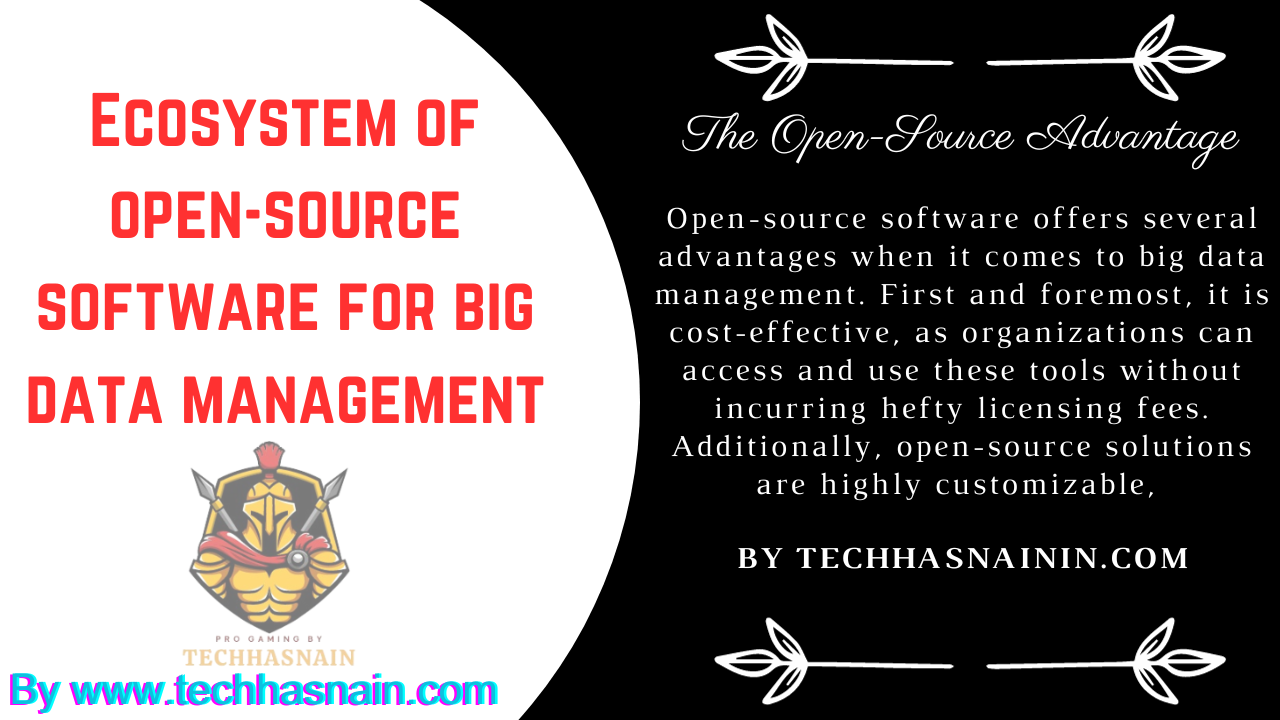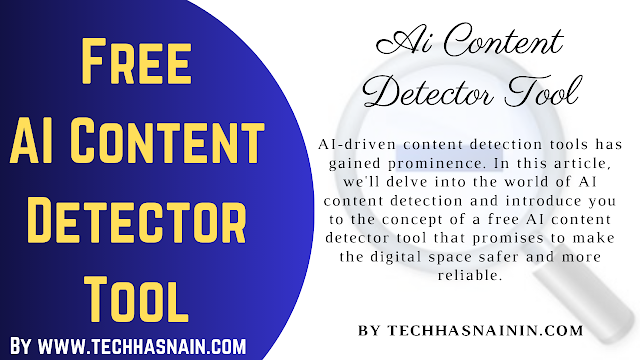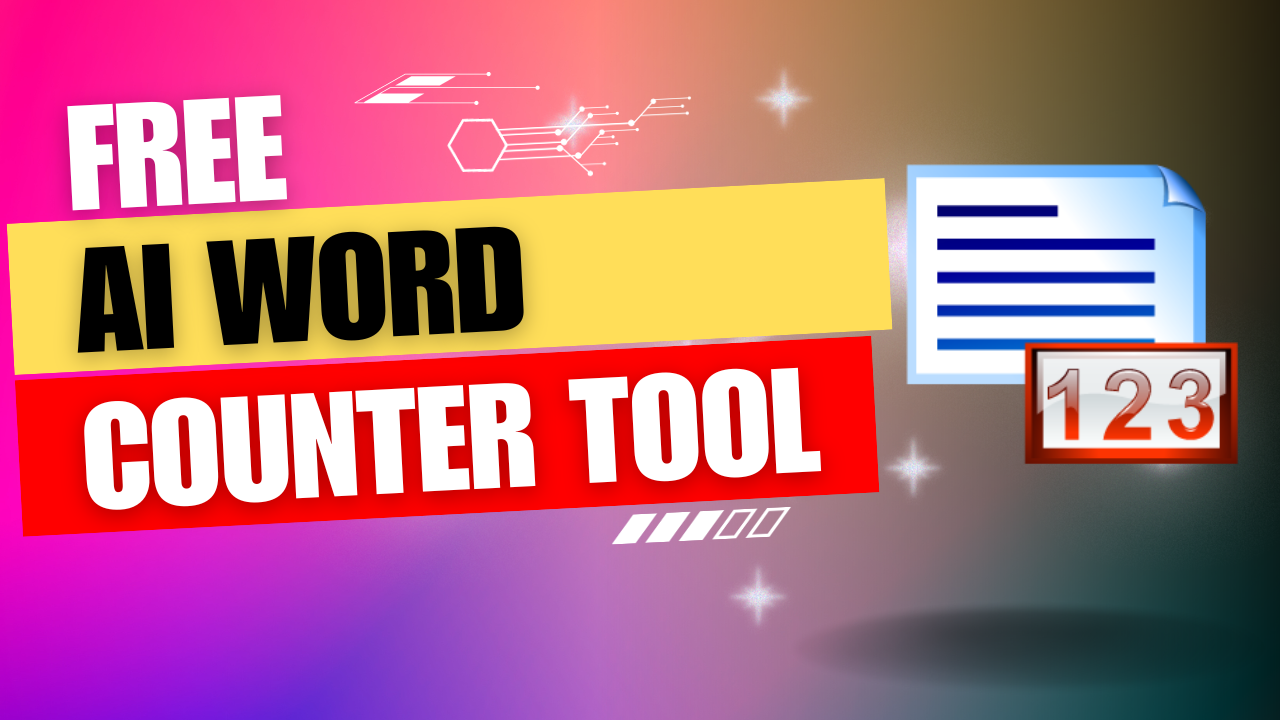In today's data-driven world, managing and analyzing vast amounts of information has become a critical task for organizations of all sizes and across various industries. The era of big data has ushered in a multitude of opportunities and challenges, with the need for efficient data management solutions at the forefront.
Big data has applications across numerous domains, including e-commerce, healthcare, finance, social media, and scientific research. However, to harness its potential, organizations must have the right tools and infrastructure in place.
Now, let's dive into the comprehensive ecosystem of open-source software for big data management, organized by key phases of data processing:
Open-source software has emerged as a powerful ally in this quest, providing organizations with cost-effective and flexible tools to handle big data. In this article, we will explore a comprehensive ecosystem of open-source software for big data management, encompassing various stages of data processing, storage, and analysis.
Introduction to Big Data
Before delving into the open-source ecosystem, let's understand what big data is and why it poses unique challenges. Big data refers to extremely large and complex datasets that cannot be easily managed or analyzed using traditional data processing tools. These datasets are characterized by the "Three Vs": volume (the sheer amount of data), velocity (the speed at which data is generated and needs to be processed), and variety (the diverse types of data, such as text, images, videos, and more).Big data has applications across numerous domains, including e-commerce, healthcare, finance, social media, and scientific research. However, to harness its potential, organizations must have the right tools and infrastructure in place.
The Open-Source Advantage
Open-source software offers several advantages when it comes to big data management. First and foremost, it is cost-effective, as organizations can access and use these tools without incurring hefty licensing fees. Additionally, open-source solutions are highly customizable, allowing organizations to tailor them to their specific needs. Furthermore, the collaborative nature of open-source projects often results in a robust and rapidly evolving ecosystem.Now, let's dive into the comprehensive ecosystem of open-source software for big data management, organized by key phases of data processing:
1. Data Collection and Ingestion
The first step in big data management is collecting and ingesting data from various sources. Open-source tools in this category include:Apache Flume
Designed for efficient and reliable data collection, Flume allows you to ingest data from various sources into a centralized repository.
Apache Kafka
Kafka is a distributed streaming platform that excels at ingesting high-velocity data streams and making them available for downstream processing.
2. Data Storage
Once data is collected, it needs to be stored in a scalable and cost-effective manner. Open-source solutions for data storage include:Hadoop Distributed File System (HDFS)
A fundamental component of the Hadoop ecosystem, HDFS is designed to store and manage massive datasets across distributed clusters.
Apache Cassandra
Cassandra is a distributed NoSQL database that can handle large volumes of data with high availability and scalability.
Apache HBase
HBase is a distributed, scalable, and consistent database modeled after Google's Bigtable, ideal for storing sparse data.
3. Data Processing
After data is stored, it must be processed to extract valuable insights. Open-source tools for data processing include:Apache Spark
Spark is a fast, in-memory data processing engine that supports batch processing, real-time streaming, and machine learning workloads.
Apache Flink
Flink is a stream processing framework that provides low-latency, high-throughput processing for real-time data analytics.
4. Data Query and Analysis
Once data is processed, it can be queried and analyzed to derive actionable insights. Open-source tools for this phase include:Apache Hive
Hive is a data warehousing and SQL-like query language that makes it easy to analyze data stored in Hadoop.
Presto
Presto is a distributed SQL query engine that allows you to query data across multiple data sources, including Hadoop, without the need for complex ETL processes.
5. Data Visualization and Reporting
To communicate insights effectively, data must be visualized and presented in a user-friendly manner. Open-source solutions for data visualization and reporting include:Apache Superset
Superset is an interactive data exploration and visualization platform that enables users to create dashboards and reports.
Grafana
Grafana is a popular open-source platform for monitoring and observability that can also be used for creating interactive dashboards.
6. Data Security and Governance
Ensuring the security and compliance of big data is paramount. Open-source tools in this category include:Apache Ranger
Ranger provides centralized security administration and fine-grained access control for Hadoop and related components.
Apache Atlas
Atlas is a metadata management and governance platform that helps organizations track and manage their data assets.
7. Machine Learning and AI
Leveraging machine learning and AI on big data can unlock new insights and opportunities. Open-source tools for this purpose include:Apache Mahout
Mahout is a scalable machine learning library that provides algorithms for classification, clustering, and recommendation.
This ecosystem offers cost-effective, customizable, and collaborative solutions that empower organizations to turn data into actionable insights and drive innovation in their respective fields. As big data continues to grow in volume and complexity, open-source software will remain an invaluable asset in the data management toolkit, fostering a culture of data-driven decision-making.
TensorFlow
Although not strictly open-source (it's under the Apache 2.0 license), TensorFlow is a widely-used framework for machine learning and deep learning tasks.
8. DevOps and Orchestration
Automating and managing big data workflows is crucial for efficiency. Open-source tools for DevOps and orchestration include:Apache Airflow
Airflow is a platform to programmatically author, schedule, and monitor workflows, making it easier to manage data pipelines.
Kubernetes
While not exclusive to big data, Kubernetes can be used to orchestrate and manage containerized big data applications.
Streamrecorder.io is an innovative online platform that allows users to easily record and download streaming videos from various websites.
With its sleek design and user-friendly interface, even those with limited technical skills can effortlessly capture their favorite movies, shows, or live events in high quality. What sets Streamrecorder.io apart from other similar tools is its compatibility with a wide range of streaming platforms, including Netflix, Hulu, Amazon Prime Video, YouTube, and many more. Click Here
Conclusion
The world of big data is constantly evolving, and open-source software plays a pivotal role in enabling organizations to harness its power. From data collection and storage to processing, analysis, and visualization, a comprehensive ecosystem of open-source tools exists to meet the challenges of big data management.This ecosystem offers cost-effective, customizable, and collaborative solutions that empower organizations to turn data into actionable insights and drive innovation in their respective fields. As big data continues to grow in volume and complexity, open-source software will remain an invaluable asset in the data management toolkit, fostering a culture of data-driven decision-making.








Post a Comment
0 Comments